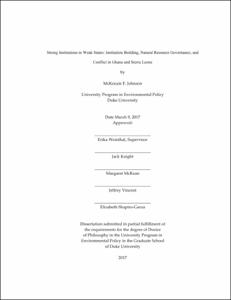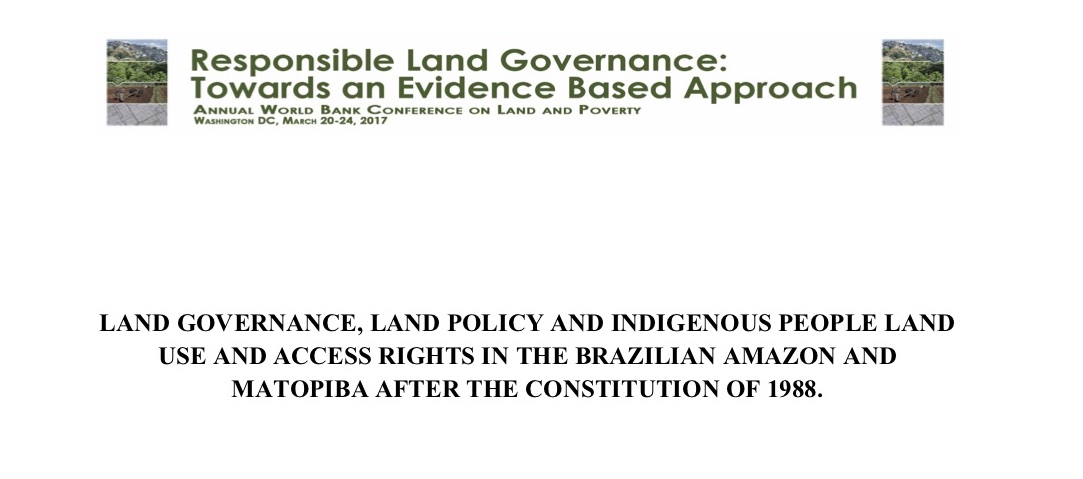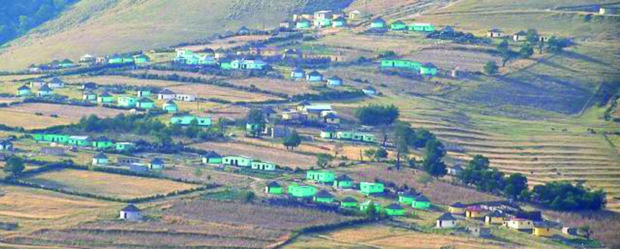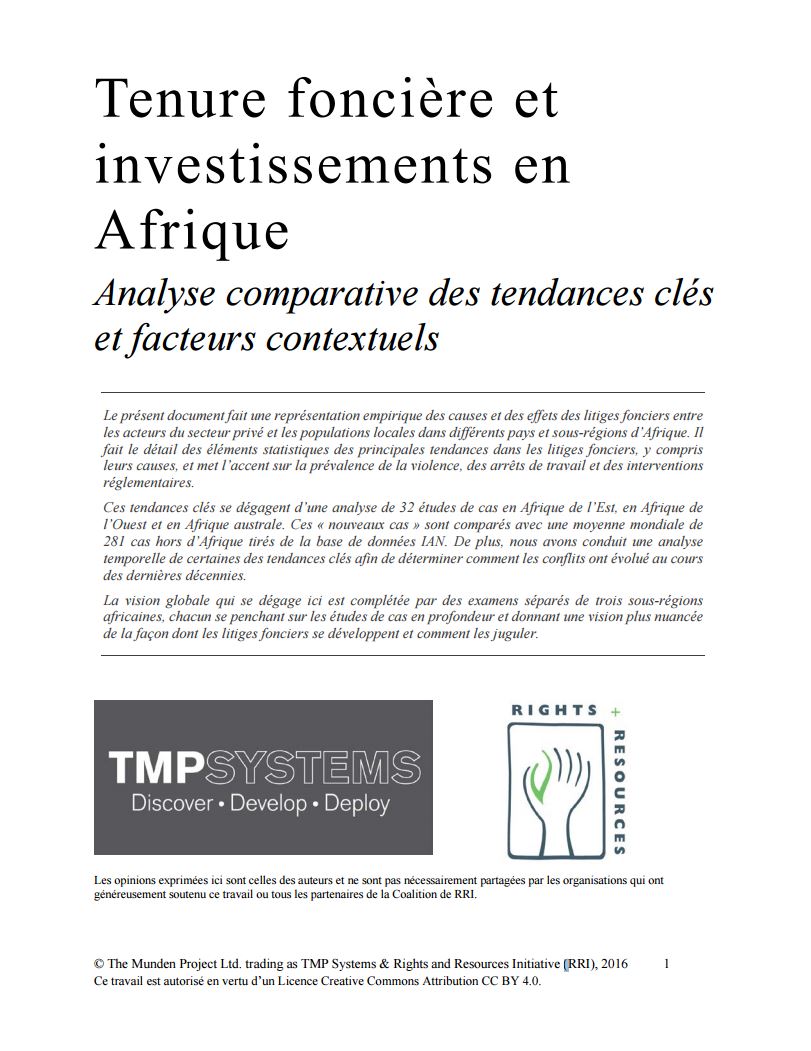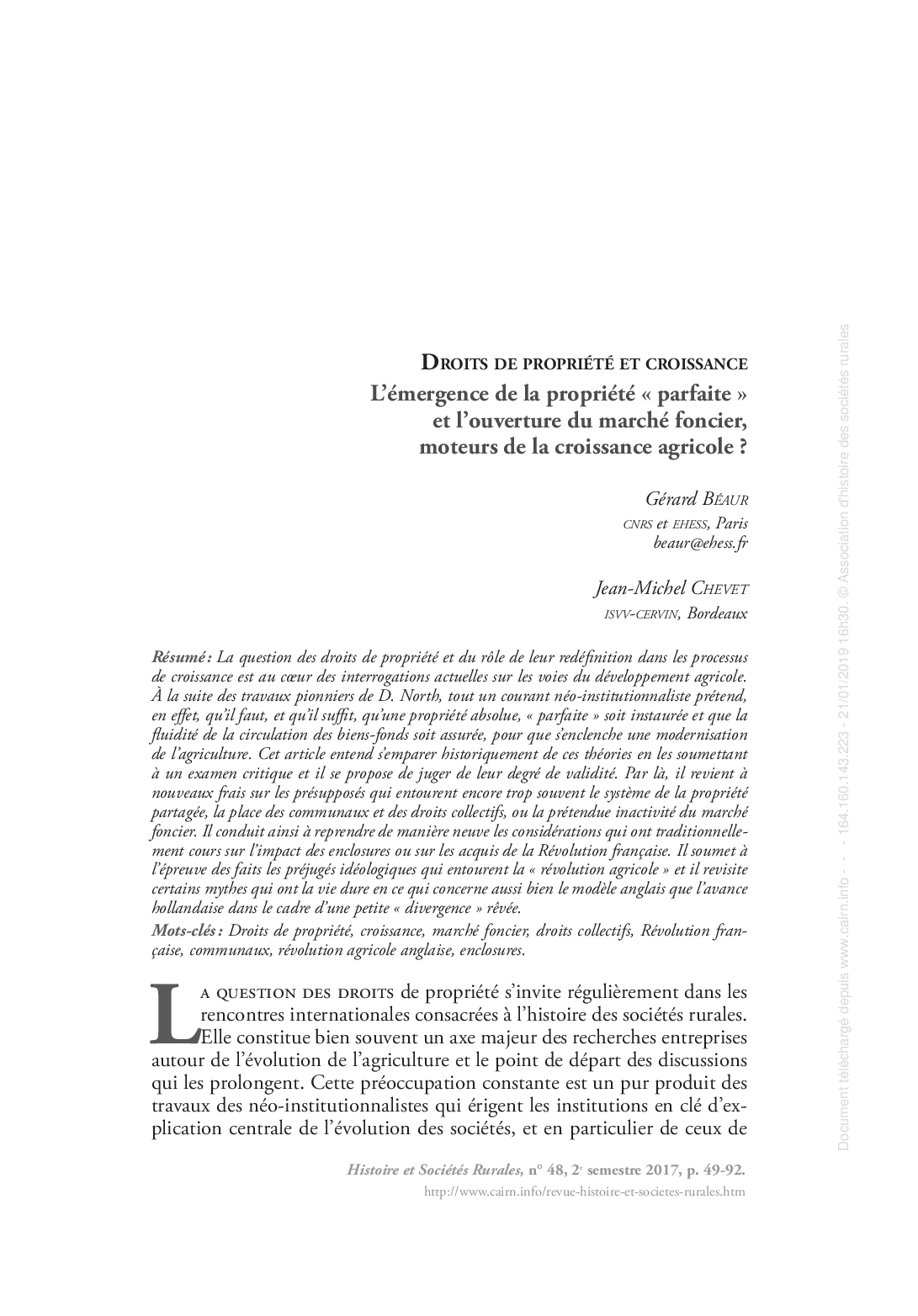Strong Institutions in Weak States: Institution Building, Natural Resource Governance, and Conflict in Ghana and Sierra Leone
Since the end of the Cold War, natural resources have assumed an increasingly prominent role in security, conflict, and peace studies. Scholars and development practitioners alike view the development of strong institutions, which aim to domesticate global regulatory regimes that foster neoliberal principles like privatization, transparency, and accountability, as necessary to mitigate natural resource conflict in resource-rich states, as well as enhance opportunities for peace and social justice.

